Knowledge Graph Generation
Knowledge Graphs are getting traction in both academia and in the industry as one of the key elements of AI applications. They are being recognized as an important and essential resource in many downstream tasks such as question answering, recommendation, personal assistants, business analytics, business automation, etc. Even though there are large knowledge graphs built with crowdsourcing such as Wikidata or using semi-structured data such as DBpedia or Yago or from structured data such as relational databases, building knowledge graphs from text corpora still remains an open challenge.
The workshop welcomes a broad range of papers including full research papers, negative results, position papers, dataset, and system demos examining the wide range of issues and processes related to knowledge graphs generation from text corpora including, but not limited to entity linking, relation extraction, knowledge representation, and Semantic Web. Papers on resources (methods, tools, benchmarks, libraries, datasets) are also welcomed.
The proceedings of the previous two editions of the workshops are in https://ceur-ws.org/Vol-3184 and https://ceur-ws.org/Vol-3447.
Why attend the Text2KG Workshop?
This workshop aims to bring together researchers from multiple focus areas such as Natural Language Processing (NLP), Entity Linking (EL), Relation Extraction (RE), Knowledge Representation and Reasoning (KRR), Deep Learning (DL), Knowledge Base Construction (KBC), Semantic Web, Linked Data, and other related fields to foster a discussion and enhance the state-of-the-art in knowledge graph generation from text.
The participants will find opportunities to present and hear about other emerging research and applications, to exchange ideas and experiences, and to identify new opportunities for collaborations across disciplines. We plan to involve the many prominent research groups in the Semantic Web community which in the last years focused on the generation of knowledge graphs from textual sources in different fields, such as research data (ORKG, AI-KG, Nanopublications), question answering (ParaQA, NSQA), common sense (CSKG), automotive (CoSI, ASKG), biomedical (Hetionet), and many others.
Themes & Topics
We are interested in (including but not limited to) the following themes and topics that study the generation of Knowledge Graphs from text,
based on quantitative, qualitative, and mixed research methods.
Themes
- Approaches for generating Knowledge Graphs from text
- Ontologies for representing provenance/metadata of generated Knowledge Graphs
- Benchmarks for KG generation from text
- Evaluation methods for KGs generated from text
- Industrial applications involving KGs generation from text
Topics
- Entity and relation extraction
- Entity and relation linking
- Semantic Parsing
- Open Information Extraction
- Deep Learning and Generative approaches
- Human-in-the-loop methods
- Large Language Models and Knowledge Graphs
Important Dates
Paper submissions due: March 7, 2024 March 17th, 2024 (Extended)
Final decision notification: April 4, 2024 April 10, 2024
Camera-ready submissions due: April 18, 2024
Workshop: May 26 - May 30, 2024
Submission Instructions
We invite full research papers, negative results, position papers, dataset and system demo papers.
The page limit for the full research papers, negative results and dataset papers is 16 pages excluding references and for the short papers and demos it is 7 pages excluding references.
Submissions must be original and should not have been published previously or be under consideration for publication while being evaluated for this workshop. Submissions will be evaluated by the program committee based on the quality of the work and its fit to the workshop themes.
All submissions are double-blind and a high-resolution PDF of the paper should be uploaded to the EasyChair submission site before the paper submission deadline.
The accepted papers will be presented at the Text2KG workshop integrated with the conference, and they will be published as CEUR proceedings.
All must be submitted and formatted in the style of the CEUR proceedings format.
For details on CEUR style, see CEUR's Author Instruction.
Also see Overleaf Template.
Workshop Schedule
May 26, 2024 (All times are in EEST (Greece) timezone)
|
|---|
TEXT2KG Collocated Event: First International Health Intelligence Challenge
Health-related data, encompassing biomedical, behavioural, and socio-demographic
information along with various contextual information, is distributed across multiple information
systems and datasets. These systems employ diverse technologies and data structures,
including natural language, complicating the task of making data findable, accessible,
interoperable, and reusable. The use of varied terminologies to annotate and describe this
data adds to the complexity. Our challenge is to integrate and make this data available as
actionable intelligence for health decision-makers, aiding in effective individual and population
disease prevention and control. This integration aims to save lives and livelihoods and reduce
the impact on economies and societies.
Weblink: https://healthintelligencepartnershipproject.github.io/challenges/hintchallenge/index.html
Awards
The first, second, and third best health intelligence solution are going to be awarded as follows:
First Place: TBA
Second Place: TBA
Third Place: TBA
Organizer: Dusan MILOVANOVIC, Association Episteme, Geneva, Switzerland
Keynote Speaker
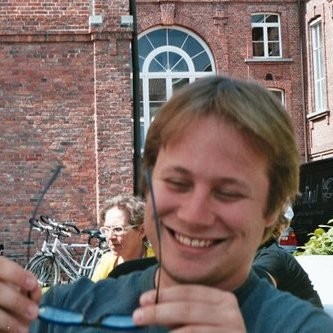
Paul Groth
University of AmsterdamIndustry Talk
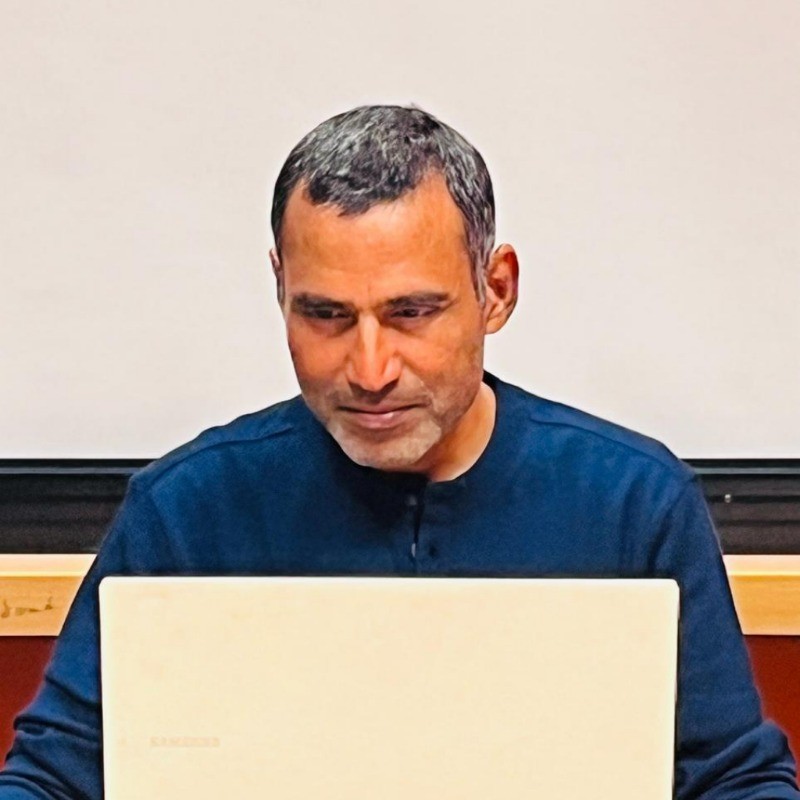
Prasad Yalamanchi
Lead Semantics, USAOrganizing Committee
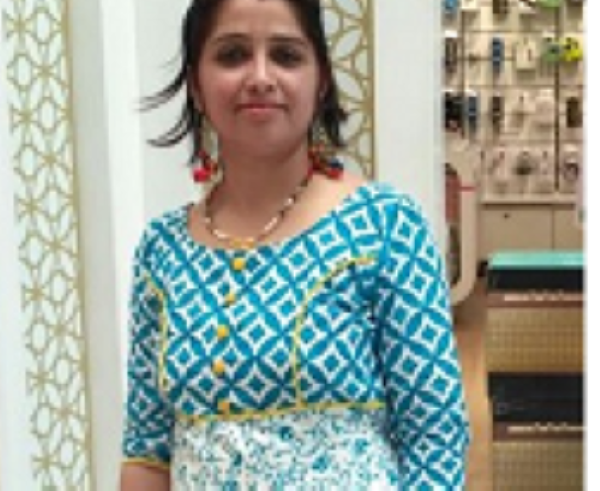
Sanju
Tiwari
Universidad Autonoma de Tamaulipas, Mexico
tiwarisanju18@ieee.org
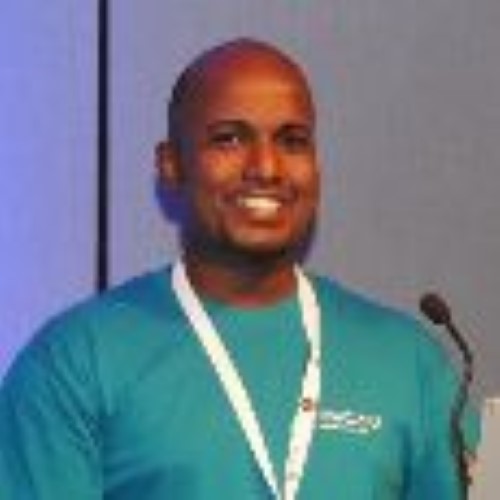
Nandana Mihindukulasooriya
IBM Research, Dublin, Irelandnandana.m@ibm.com

Francesco
Osborne
KMi, The Open University
francesco.osborne@open.ac.uk
Dimitris
Kontokostas
Diffbot, Greece
dimitris@diffbot.com

Jennifer
D’Souza
TIB, Germany
jennifer.dsouza@tib.eu
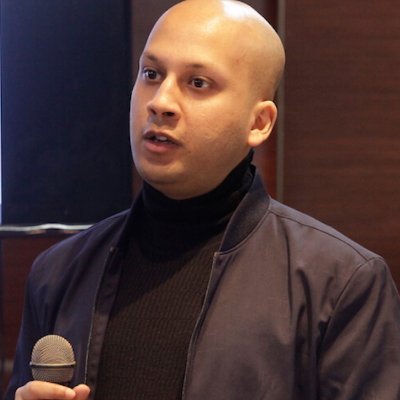
Mayank
Kejriwal
University of Southern California
mayankkejriwal@utexas.edu
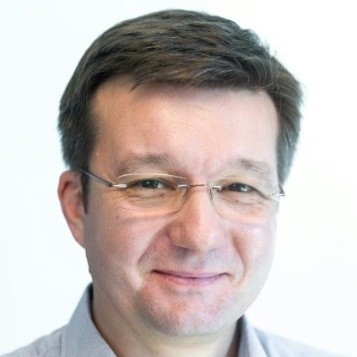
Dušan
Milovanović
Association Episteme, Geneva, Switzerland
Steering Committee
& Publicity Chair
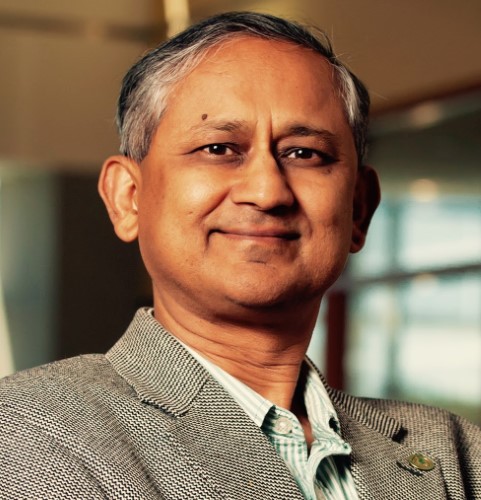
Amit
Sheth
AIISC, University of South Carolina
amit@sc.edu
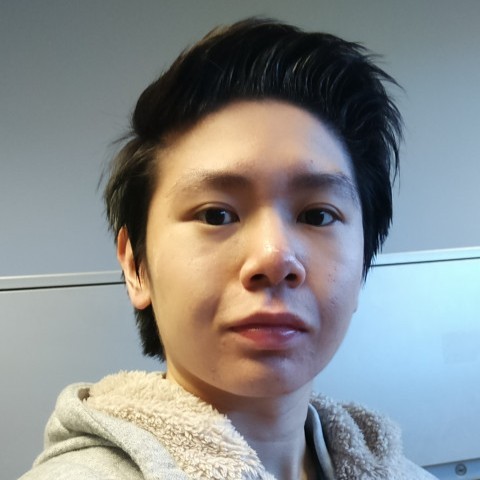
Joey
Yip
AIISC, University of South Carolina
hyip@email.sc.edu
Advisory Committee
|
|---|
Program Committee
|
|---|